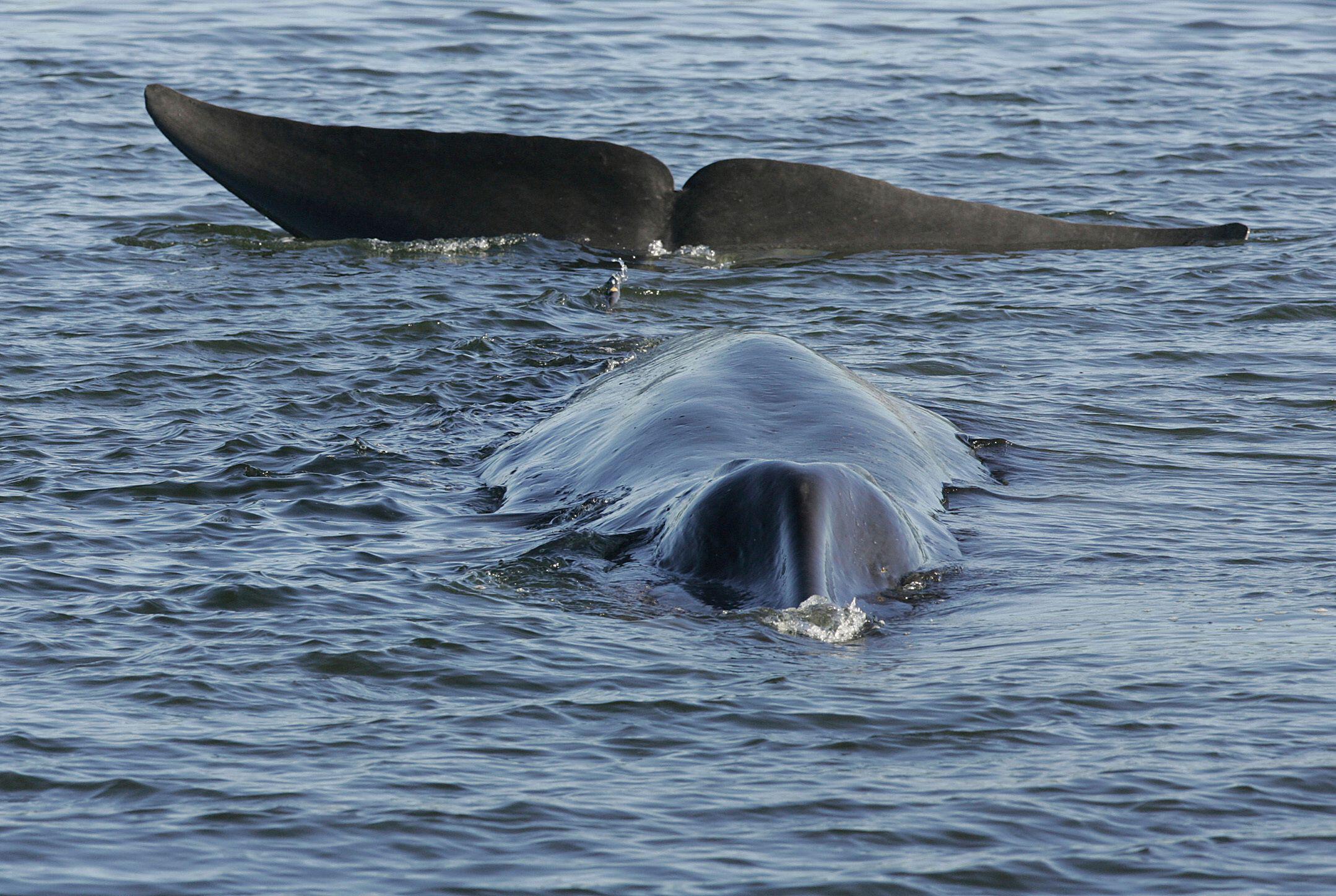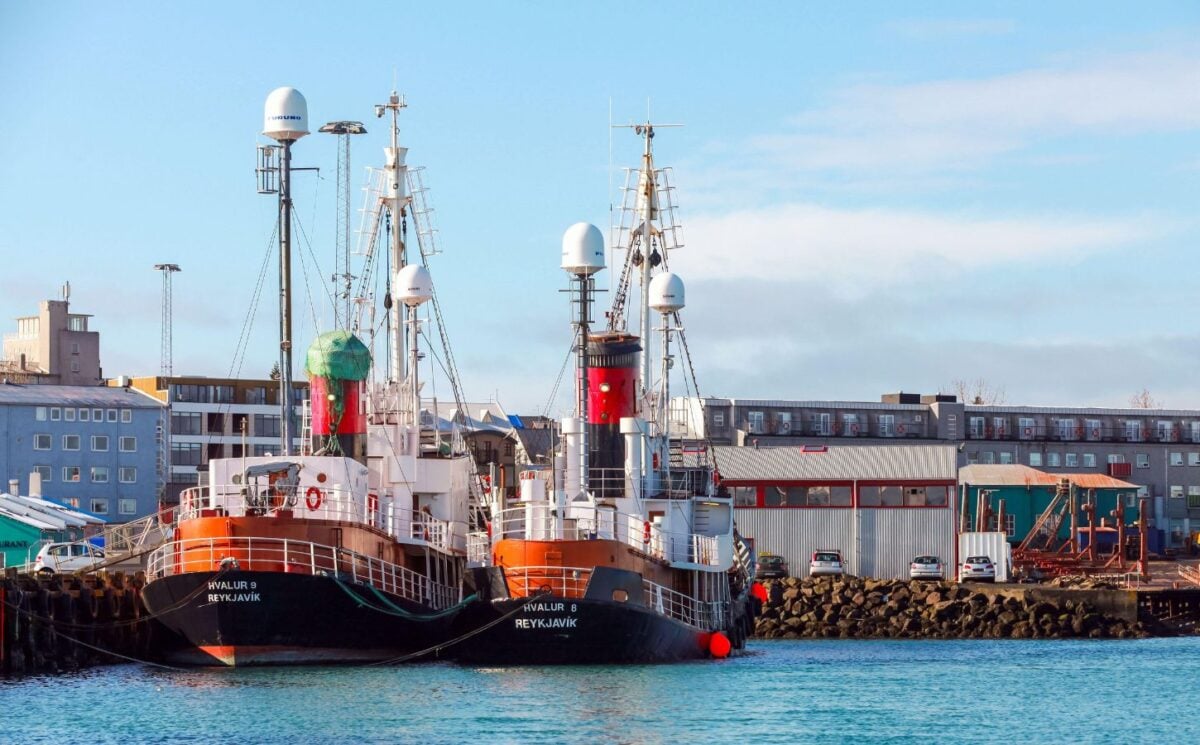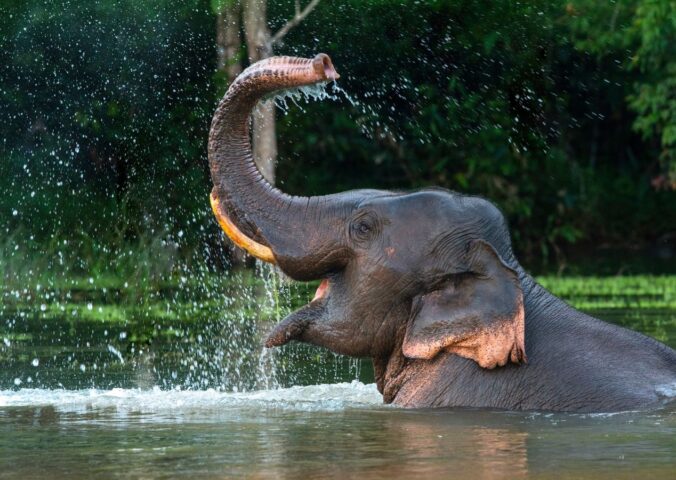Iceland has granted its last remaining whaling company permission to harpoon 128 fin whales in the 2024 hunting season despite what Humane Society International (HSI) refers to as “clear evidence of immense animal suffering.”
Read more: Elephants Call Each Other By Unique Names, Study Finds
Iceland’s Food, Agriculture, and Fisheries Minister Bjarkey Olsen Gunnarsdóttir – who dispensed the one-year commercial whaling license to whaling company Hvalur – noted that the decision did not necessarily reflect her views or the views of her party, the Left-Green Movement.
The Icelandic Food and Veterinary Authority published a report last year revealing that some of the whales killed in 2022’s national hunts took up to two hours to die. Forty-one percent suffered for an average of 11.5 minutes before death. The government announced a temporary suspension last year, which environmentalists hoped would lead to a permanent ban.
“It is devastatingly disappointing that Minister Gunnarsdóttir has set aside unequivocal scientific evidence demonstrating the brutality and cruelty of commercial whale killing and allowed whales to be killed for another year,” said Humane Society International’s wildlife programs director Adam Peyman. “There is simply no way to make harpooning whales at sea anything other than cruel and bloody, and no amount of modifications will change that.”
Read more: Health Professionals Urge Government To Withdraw Meat Ads
License rejects ‘once-in-a-lifetime’ opportunity to end whaling

Despite the decades since the International Whaling Commission’s (ICW) global moratorium on commercial whale hunting in 1986, fin whales are still classified by the International Union for the Conservation of Nature (IUCN) as vulnerable to extinction on its red list.
The fin whale is the second-largest cetacean on Earth after the blue whale. Like all large mammals – and whales, in particular – fin whales can have complex thoughts and emotions and support marine ecosystems by distributing nutrients throughout the ocean.
“Whales already face myriad threats in the oceans from pollution, climate change, entanglement in fish nets, and ship strikes,” explained Peyman. “With the need for whale protection so critical, […] this is a rejection of a once-in-a-generation opportunity to end the slaughter at sea.”
Read more: Whale Captivity In Canada Comes To An End After ‘World’s Loneliest’ Orca Dies






